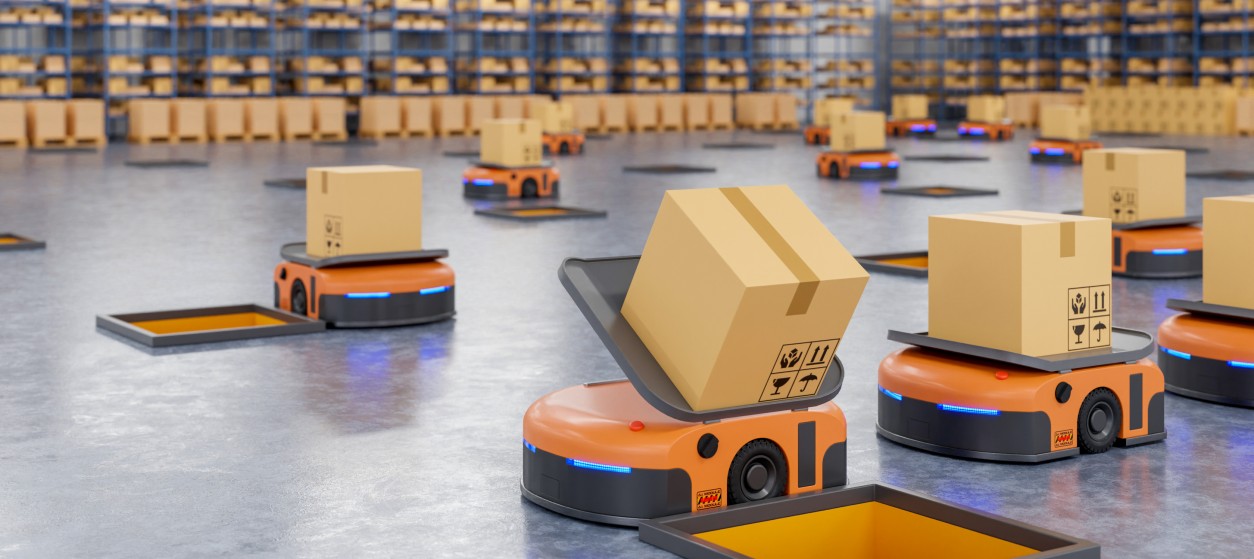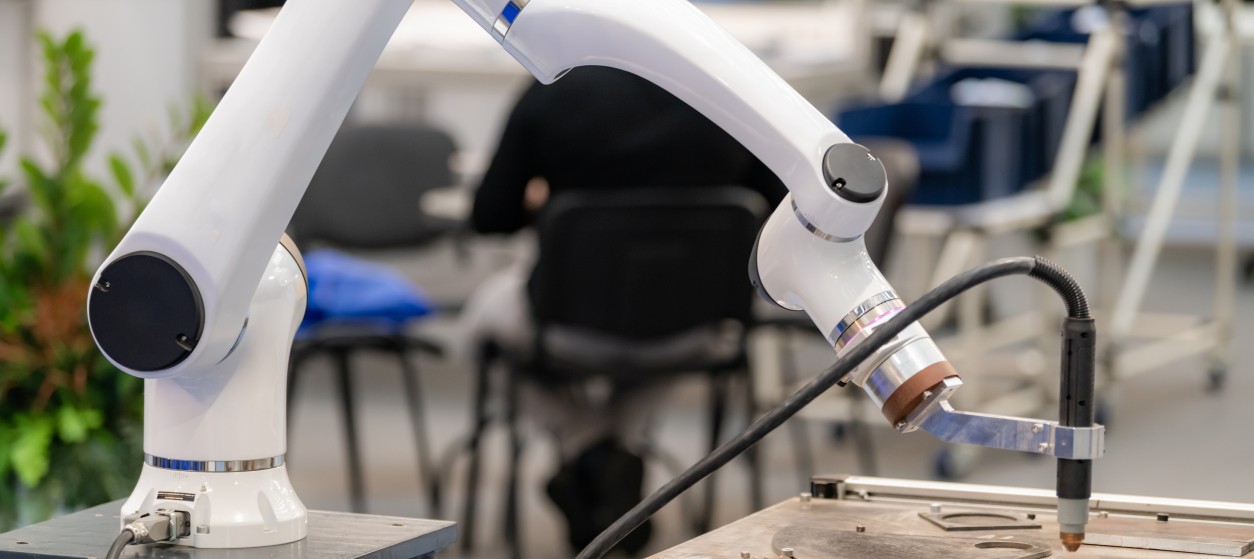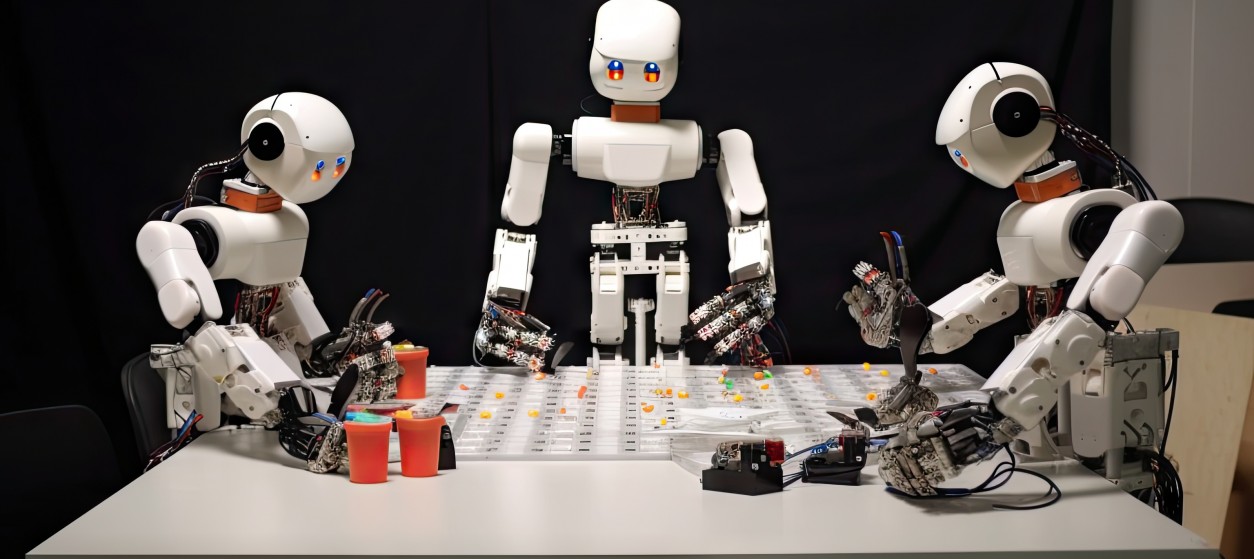In today’s fast-paced and competitive business landscape, organizations are constantly searching for ways to streamline work processes and boost productivity. One of the most transformative advancements in recent years has been the integration of artificial intelligence (AI) into workflows. By harnessing the power of AI and AI-enhanced workflows, businesses can automate repetitive tasks, make data-driven decisions, and optimize their overall workflow efficiency. This is the reason why companies must understand the benefits of implementing AI workflows, along with how such workflows can elevate productivity in various industries.
Productivity Boost with AI
Artificial intelligence (AI) has emerged as a powerful tool to boost productivity across various industries. It enables the automation of mundane tasks, empowers data-driven decisions, and facilitates the implementation of innovative problem-solving approaches. In these ways, AI has the potential to revolutionize work processes and elevate productivity levels. Some of the most prominent uses of AI for enhanced productivity include:
- Automation: One of the key benefits of AI is its ability to automate repetitive tasks that do not require human intervention. This saves valuable time and allows employees to focus on more critical and high-value activities. For example, AI-powered chatbots can handle customer inquiries and provide instant support, which reduces the burden on customer service teams. This not only increases efficiency but also improves customer satisfaction.
- Data Analytics: AI can analyze vast amounts of data and generate insights in real-time. This enables businesses to make data-driven decisions, leading to more efficient and effective outcomes. AI algorithms can also uncover patterns and trends that may be hidden to human eyes, which allows businesses to identify opportunities, address challenges, and optimize processes. For instance, AI-powered predictive analytics can help organizations forecast demand, optimize inventory levels, and streamline supply chain management.
- Improved Collaboration: AI can facilitate collaboration and coordination among team members, leading to increased productivity. Specifically, AI systems automate task assignments, provide real-time communication channels, and facilitate seamless workflows. These systems support AI workflows which ensure that employees can work together efficiently and meet project deadlines with ease.
Streamlining Work Processes with AI
One of the key advantages of AI workflows is their ability to streamline work processes. Traditionally, employees spend a significant amount of time on mundane and repetitive tasks that do not require human creativity or critical thinking. This not only hampers productivity but also leads to burnout and dissatisfaction among employees. The integration of AI capabilities (e.g., machine learning) into workflows, businesses can automate these mundane tasks. For instance, in front office settings, AI-powered chatbots can handle customer inquiries and provide instant support. Likewise, machine learning algorithms can analyze large volumes of data from many different data sources, which enables the generation of insights in real-time. In many cases this obviates the need for manual data entry and data analysis tasks.
Workflow Innovation with AI
Integrating AI in workflows does not only streamline existing work processes. Rather it can also drive innovation and novel approaches to problem-solving. Based on AI technologies such as natural language processing (NLP), machine learning, and computer vision, businesses can uncover patterns and insights that were previously hidden or invisible. As a prominent example, AI algorithms can nowadays analyze customer feedback and sentiment analysis to identify areas of improvement in product or service offerings. This allows businesses to proactively address customer concerns and tailor their offerings to meet customer expectations. Furthermore, AI can enable predictive analytics, empowering businesses to make data-driven decisions. Based on the analysis of historical data and the identification of patterns, AI algorithms can help organizations forecast demand, optimize inventory levels, and improve supply chain management. This proactive approach can lead to cost savings and improved customer satisfaction.
Benefits across Industries
The benefits of AI workflows are not limited to specific industries or sectors. From healthcare to finance, retail to manufacturing, AI is transforming workflows and elevating productivity across various domains. Some characteristics examples follow:
- Healthcare: In healthcare, AI-based workflow optimization tech can analyze medical records, lab results, and patient data to assist in diagnosis and treatment recommendations. This not only speeds up the decision-making process but also improves patient outcomes. It also enables novel ways and techniques for disease diagnosis, prognosis, and treatment.
- Finance: In finance, AI-based smart workflow solutions can automate routine tasks such as data entry, document processing, and fraud detection. This allows financial institutions to reduce human errors, improve compliance, and enhance customer experience. Furthermore, AI workflows can enable the development of novel products and services for financial organizations, including products in the areas of credit underwriting, AI-based loan approval, and investment recommendations.
- Retail: Retailers leverage AI-powered recommendation engines to personalize customer experiences and increase sales. They analyze customer browsing and purchase history in order for the AI to suggest relevant products and offers. This drives customer engagement and loyalty.
- Manufacturing: Manufacturers can also optimize their supply chain and production processes by using workflow innovation with AI and different forms of productivity-driven AI. For instance, predictive maintenance powered by AI can help identify and prevent equipment failures, reducing downtime and improving operational efficiency.
Overall, it is crystal clear that AI-based automation in workflows and other AI-based automation technologies are already revolutionizing the way businesses operate. The streamlining of work processes and driving workflows, leads to increased productivity. However, it also enables organizations to achieve better outcomes. From automated customer support to predictive analytics, AI-driven efficiency is empowering businesses across industries to make faster and smarter decisions. AI technology is advancing in a very rapid pace. Therefore, organizations that embrace efficient AI workflows within advanced productivity tools will gain a competitive advantage, which will enhance their profitability and overall success.










